Kimberlé Crenshaw
Day Four of #BlackHistoryMonth Black Theory:
Kimberlé Crenshaw
"[Intersectionality is] basically a lens, a prism, for seeing the way in which various forms of inequality often operate together and exacerbate each other. We tend to talk about race inequality as separate from inequality based on gender, class, sexuality or immigrant status. What’s often missing is how some people are subject to all of these, and the experience is not just the sum of its parts.“ From an interview with Kimberlé Crenshaw on Columbia Law school (2017) “Intersectionality is a lens through which you can see where power comes and collides, where it interlocks and intersects. It’s not simply that there’s a race problem here, a gender problem here, and a class or LBGTQ problem there. Many times that framework erases what happens to people who are subject to all of these things. Some people look to intersectionality as a grand theory of everything, but that’s not my intention.“ From an interview with Kimberlé Crenshaw on Time.com (2020) “Intersectionality theory provides a dynamic research paradigm—a prism from which to analyze more fully a range of social problems in order to ensure inclusive remedies and greater collaboration across social movements. Intersectionality moves beyond traditional frameworks that separate social problems into discrete challenges facing specific groups. It starts from the premise that people have multiple identities, and being members of more than one “group,” they can simultaneously experience oppression and privilege. Intersectionality sheds light on the unique experiences that are produced when various forms of discrimination intersect with these converging identities. It is a dynamic strategy for linking the grounds of discrimination (e.g., race, gender, class, sexual identity, etc.) to historical, social, economic, political, and legal contexts and norms that intertwine to create structures of oppression and privilege.“ From the Facebook page of the Columbia Center for Intersectionality and Social Policy Studies (of which Kimberlé Crenshaw is the director) (dd. 2021)
Much appreciation to Crip Humanimal for compiling much of this here: https://criphumanimal.org/2021/02/22/intersectionality-in-the-words-of-kimberle-crenshaw/
Links:
PDF -
Mapping the Margins (1991) https://blackwomenintheblackfreedomstruggle.voices.wooster.edu/wp-content/uploads/sites/210/2019/02/Crenshaw_mapping-the-margins1991.pdf https://archive.org/details/1229039
Critical Race Theory: The Key Writings that Formed the Movement (1996) https://www.researchgate.net/publication/237264125_Critical_Race_Theory_The_Key_Writings_that_Formed_the_Movement https://archive.org/details/criticalracetheo0000unse
Interviews - https://www.academia.edu/81182006/Talking_about_intersectionality_Interview_with_Kimberlé_W_Crenshaw
https://www.youtube.com/live/otload6iBhA?si=R48rYi2GX8_noanV https://youtu.be/KNRf1-duwRo?si=fP6dA0f61E6go0Ew
Talks - https://youtu.be/akOe5-UsQ2o?si=w14L5frS5EfPuzcg https://youtu.be/-DW4HLgYPlA?si=ICURB2mSqjaJetCY
Purchase -
On Intersectionality (2017) https://firestorm.coop/products/12502-on-intersectionality.html
Critical Race Theory https://www.haymarketbooks.org/authors/1036-kimberle-crenshaw
#SayHerName: Black Women’s Stories of Police Violence and Public Silence https://www.haymarketbooks.org/books/1632-sayhername
The Race Track: How the Myth of Equal Opportunity Defeats Racial Justice https://redemmas.org/titles/23494-the-race-track-how-the-myth-of-equal-opportunity-defeats-racial-justice/
